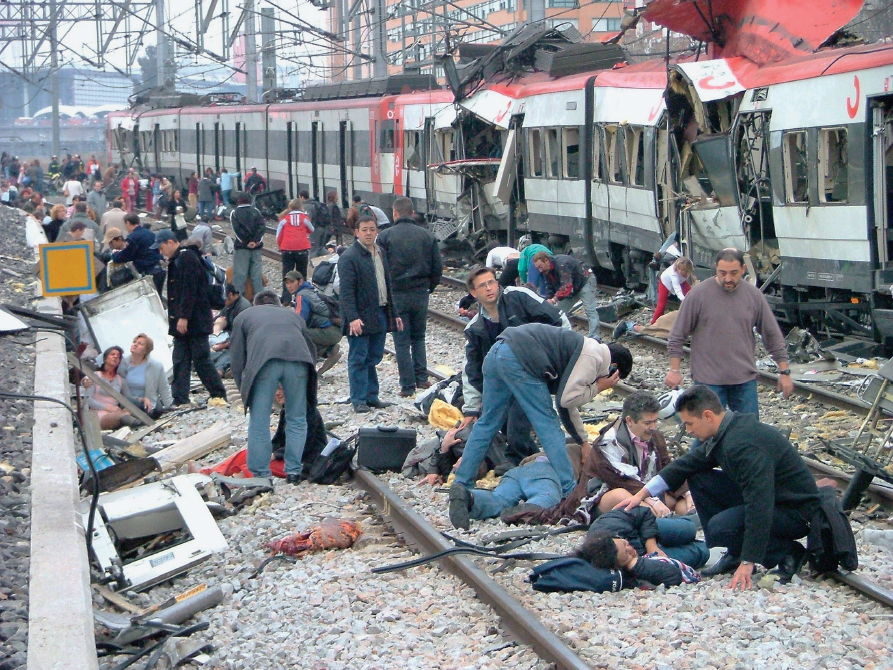Europe and Its Muslim Citizens
General concerns with migration often fused with fears of Muslim migrants and Muslim residents who have grown up in Europe. Islam is now the largest minority religion in Europe. The EU’s 15 to 20 million Muslims outnumber Catholics in Europe’s mainly Protestant north, and they outnumber Protestants in Europe’s Catholic south.5
Worries increased after the September 11, 2001, al-

The vast majority of Europe’s Muslims clearly support democracy and reject violent extremism, but these spectacular attacks nonetheless sharpened the European debate on immigration. Security was not the only focus of concern; critics across the political spectrum warned that Europe’s rapidly growing Muslim population posed a dire threat to the West’s liberal tradition, which embraced freedom of thought; representative government; toleration; separation of church and state; and, more recently, equal rights for women and gays. Islamist extremists and radical clerics living in Europe, critics proclaimed, rejected these fundamental Western values.
Secular Europeans at times had a hard time understanding the depths of Muslim spirituality. French attempts to enforce a ban on wearing the hijab (the headscarf worn by many faithful Muslim women) in public schools expressed the tension between Western secularism and Islamic religiosity on a most personal level and evoked outrage and protests in the Muslim community. As busy mosques came to outnumber dying churches in European cities, nationalist politicians exploited widespread doubts that immigrant populations from Muslim countries would ever assimilate into Western culture. Moreover, conservative intellectuals claimed, many so-
Admitting that Islamic extremism could pose a serious challenge, some observers focused instead on the problem of integration. Whereas the first generation of Muslim migrants had found jobs as unskilled workers in Europe’s great postwar boom, they and their children had been hard hit after 1973 by the general economic downturn and the decline of manufacturing. Immigrants also suffered from a lack of educational opportunities. Provided for modestly by the welfare state and living in dilapidated housing projects, many second-
This argument was strengthened by widespread rioting in France in 2005 and again in 2009, which saw hundreds of Muslim youths go on a rampage. Almost always French by birth, language, and education, marauding groups labeled “Arabs” in press reports torched hundreds of automobiles night after night in Paris suburbs and other large cities. The rioters complained bitterly of high unemployment, systematic discrimination, and exclusion, and studies sparked by the rioting showed that religious ideology had almost no influence on their thinking.
>QUICK REVIEW
What role has the issue of immigration played in recent European politics?